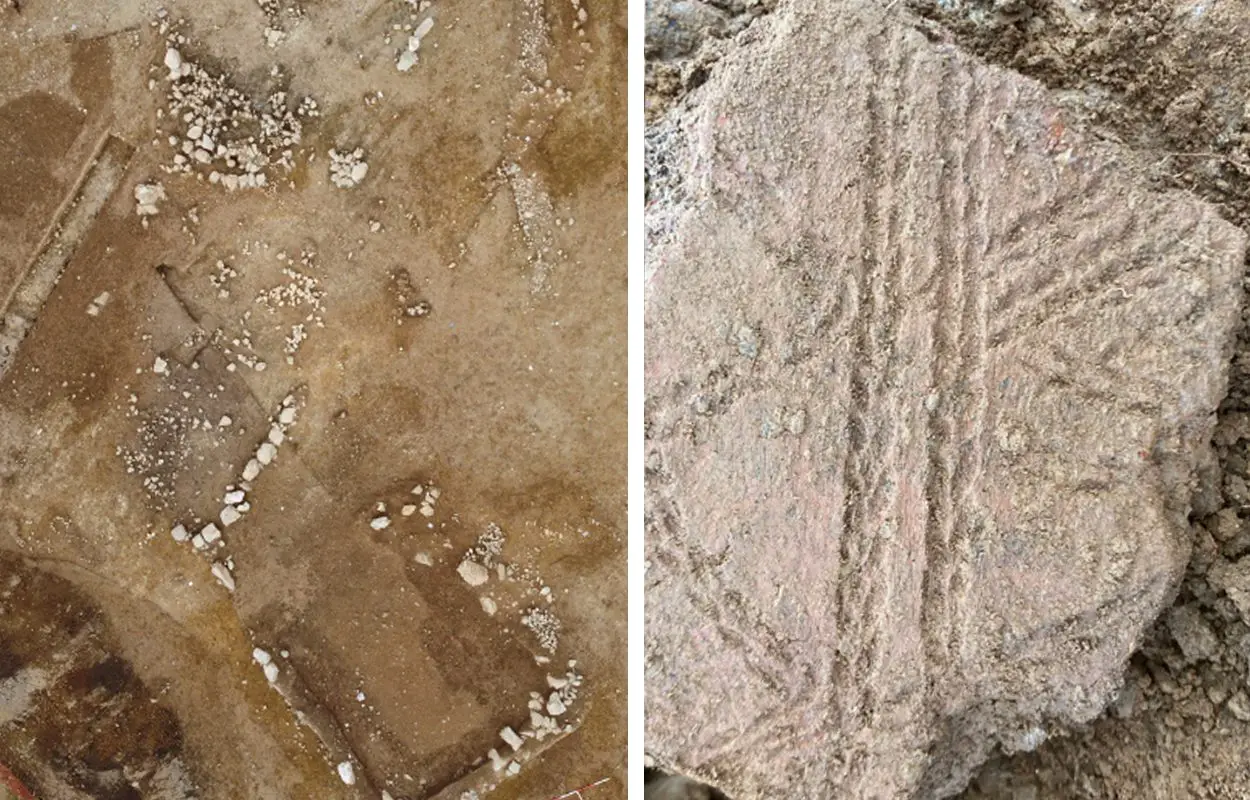Archaeologists have uncovered ancient dwellings from the Bronze Age and a Roman-period settlement in Newquay, England.
Excavations were conducted by the Cornwall Archaeological Unit in preparation for a housing development project, where the team found three Bronze Age roundhouses and a Roman-period settlement – consisting of an oval house, a large processing area (thought to be used for cereals) and two rectangular buildings (probably former barns).
Cornwall, despite being connected to the Roman road system, was relatively isolated from the primary centres of Romanisation. While the road system extended into Cornwall, only three notable Roman sites have been identified: Tregear near Nanstallon, which was discovered in the early 1970s, and two others discovered more recently at Restormel Castle in Lostwithiel (found in 2007), and a fort near St. Andrew’s Church in Calstock (discovered in early 2007).
Sean Taylor, Senior Archaeologist at the Cornwall Archaeological Unit, said: “The Roman house is similar to buildings found at Trethurgy Round near St Austell in the 1970s and are of a type unique to Cornwall. The rectangular agricultural buildings on the other hand are fairly common throughout Roman Britain but this is the first time that they have been discovered in Cornwall.
According to the researchers, Bronze Age structures have been found at various sites across Cornwall over the past 30 years, however, the discovery of a cluster of roundhouses in such a small area is still a rare find.
Excavations of the structures also unearthed Bronze Age Trevisker ware pottery, a distinctive regional pottery style that originated in Cornwall and continued to be produced for almost a millennium.
“It’s starting to look like this part of Newquay, alongside the River Gannel, was a very important and densely populated area from the Neolithic (c 4000BC) onwards. The estuary undoubtedly formed an important link with the outside world throughout prehistory,” said Taylor.
Header Image Credit : Cornwall Council





